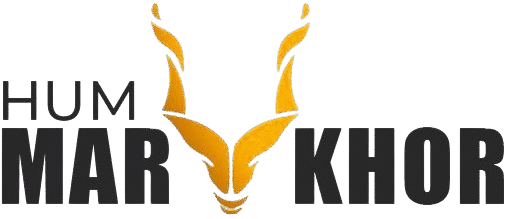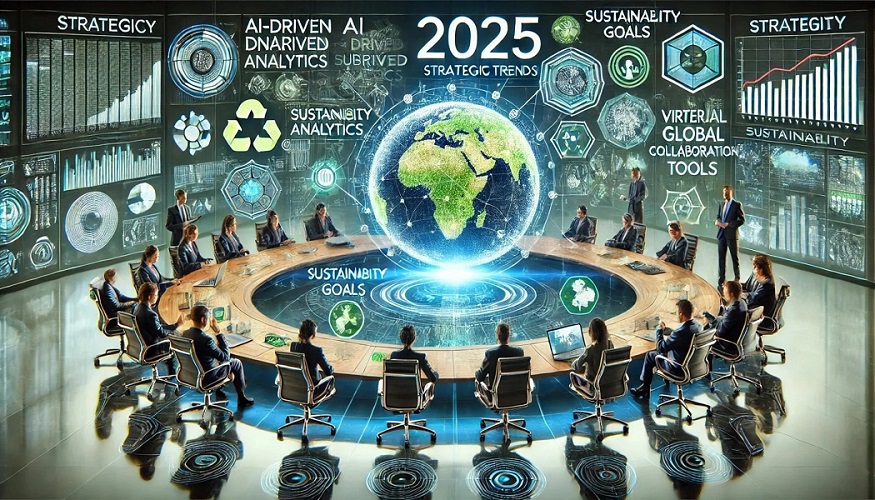International politics in 2025 is no longer defined by a single superpower. Instead, we live in a multipolar world, where the United States, China, Russia, the European Union, and emerging economies of the Global South are competing for influence. From economic partnerships to military alliances, the global balance of power is evolving at a rapid pace.
This article explores how global power dynamics are shifting, the rise of new players, and what it means for the future of international relations, geopolitics, and global trade.
The End of the Unipolar Moment
For three decades after the Cold War, the United States enjoyed unchallenged dominance. However, the 21st century has seen the rise of multiple centers of power.
China has emerged as a global economic powerhouse.
Russia continues to assert itself militarily and politically.
India, Brazil, Turkey, and African nations are becoming influential voices in world affairs.
The European Union is balancing between economic leadership and strategic independence.
This shift marks the end of the U.S.-led unipolar order and the birth of a multipolar global system.
U.S. Foreign Policy in 2025: Leading or Retreating?
The United States remains a dominant military and economic force, but its foreign policy challenges include:
Managing China’s rise without escalating into conflict.
Supporting Ukraine against Russia while avoiding direct NATO confrontation.
Rebuilding alliances in the Middle East after years of shifting strategies.
Countering global cybersecurity threats and AI-driven warfare.
While Washington still holds influence through NATO, the IMF, World Bank, and UN Security Council, its role as the sole global leader is fading.
China’s Rise and the Belt & Road Initiative
China is arguably the biggest game-changer in international politics. Its strategy focuses on:
Economic Expansion – Through the Belt and Road Initiative (BRI), China is investing in infrastructure across Asia, Africa, and Latin America.
Military Modernization – Building one of the world’s strongest navies and advancing in AI, cyberwarfare, and space technology.
Soft Power Diplomacy – Expanding influence in the UN, BRICS, and regional organizations.
Yuan as a Global Currency – Challenging the dominance of the U.S. dollar.
China’s growing role in Africa, South Asia, and Latin America shows that it is not just competing with the U.S., but creating an alternative global order.
Russia and the New Cold War
Russia’s actions in Ukraine and its growing ties with China, Iran, and Global South countries have reshaped global politics. Key points include:
Ukraine Conflict – A defining factor in Europe’s security structure.
Energy D
Military Influence – Maintaining presence in Syria, Africa, and Central Asia.
Sanctions Resilience – Building alternative financial networks with China, India, and BRICS partners.
Russia’s strategy represents a direct challenge to NATO and Western influence.
The European Union: Strategic Autonomy or Dependence?
The European Union is facing tough questions:
Should it remain dependent on U.S. security guarantees through NATO?
Or pursue strategic autonomy, strengthening its own defense and diplomacy?
The EU is increasingly active in climate diplomacy, AI regulations, and trade partnerships, positioning itself as a rule-maker in global governance.
The Rise of the Global South
One of the most important shifts in 2025 international politics is the empowerment of the Global South.
India is emerging as a key player in technology, defense, and diplomacy.
Brazil leads climate negotiations and energy policies.
African Union is gaining more say in international forums, pushing for UN Security Council reforms.
Middle Eastern states (Saudi Arabia, UAE, Iran, Turkey) are asserting influence through energy, security, and mediation roles.
This trend shows that global governance is no longer the monopoly of a few Western powers.
Technology and AI in Global Power Struggles
Beyond military and economic competition, technology is the new battleground:
Artificial Intelligence (AI) – Nations are competing in AI-driven warfare, cybersecurity, and governance.
Space Race 2.0 – U.S., China, and private companies are racing for space dominance.
Digital Currency Wars – Competing central bank digital currencies (CBDCs) are reshaping global finance.
Whoever controls emerging technologies will control the future of geopolitics.
Global Challenges Requiring Cooperation
Despite rivalries, the world faces shared challenges that demand cooperation:
Climate Change – Extreme weather and global warming affect all nations.
Energy Security – Transition to renewable energy while managing oil dependencies.
Global Health – Preventing future pandemics through cooperation.
Cybersecurity – Combating hacking, misinformation, and cyberterrorism.
International politics in 2025 is therefore a paradox: competition and cooperation happening simultaneously.
Conclusion: A Multipolar, Uncertain Future
The changing world order reflects a shift from U.S. hegemony to multipolar geopolitics. As China rises, Russia resists, the EU redefines, and the Global South emerges, the balance of power is more complex than ever.
This means that international politics in 2025 and beyond will be shaped not by one superpower, but by strategic competition and uneasy partnerships.
FAQs on Current International Politics (2025)
1. What is the biggest shift in global politics in 2025?
The biggest shift is the move toward a multipolar world, where the U.S. no longer dominates alone, and countries like China, Russia, and India are playing central roles.
2. How is China influencing international politics?
China is using its Belt and Road Initiative, military power, and soft diplomacy to expand global influence, particularly in Africa, Asia, and Latin America.
3. What role does Russia play in today’s geopolitics?
Russia remains a military power challenging NATO, leveraging energy exports, and forging alliances with China, Iran, and the Global South.
4. Why is the Global South becoming more important?
Because emerging economies like India, Brazil, and African nations are demanding a stronger voice in global institutions and shaping debates on climate, trade, and development.
5. What challenges unite rival nations?
Despite rivalries, nations must cooperate on climate change, cybersecurity, energy security, and global health threats.

